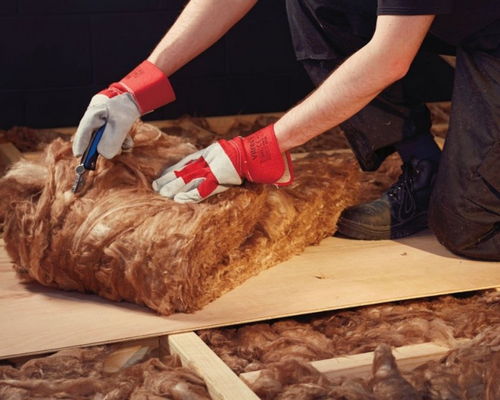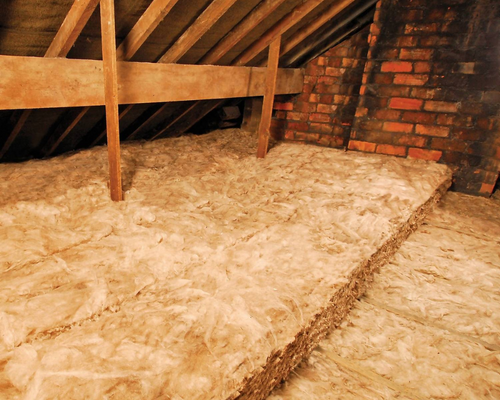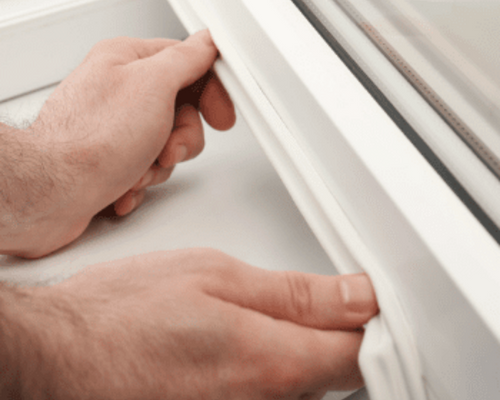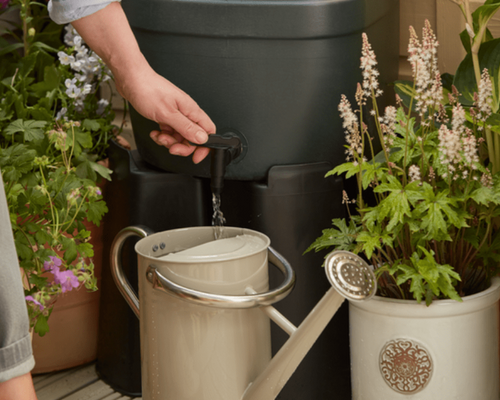Energy Saving Tips
To make your life a little easier, we’ve gathered together our favourite hints, tips and products for saving energy at home. From advice on how to insulate your roof to handy products for keeping draughts at bay, explore our energy efficiency hub to discover everything you need to know about how to make your home more energy efficient.

4 projects to reduce heat loss in your home
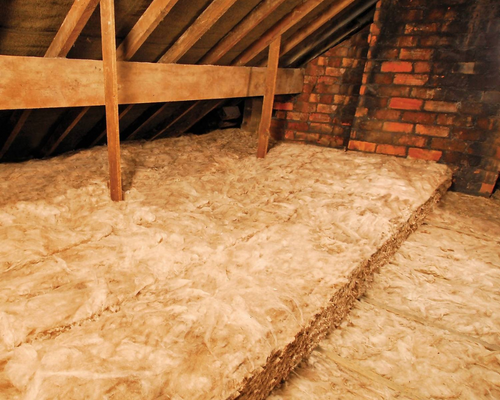
Insulate your loft
26% of heat is lost through the roof, so make sure your loft is well insulated with a minimum depth of 270mm.
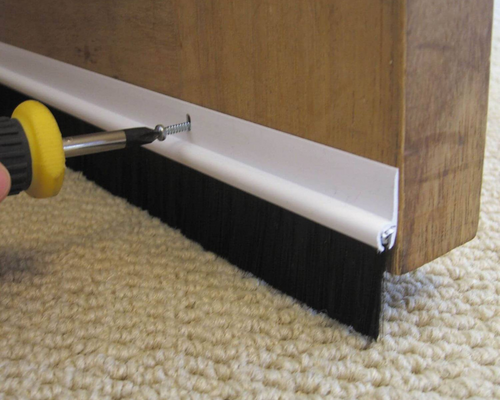
Draught proof your home
A++ rated double glazing could help to reduce energy bills by around £235 a year. Draught proofing can also prevent heat loss.
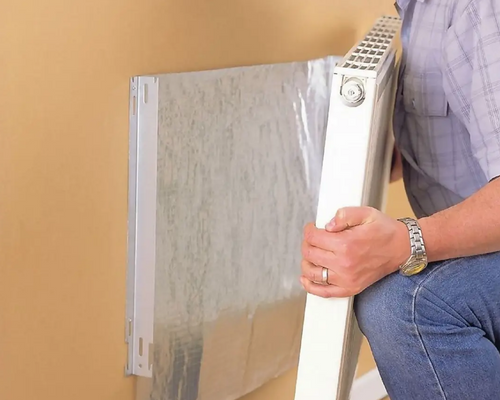
Install radiator reflectors
Reflective radiator panels on uninsulated solid walls could save £30 a year on heating.
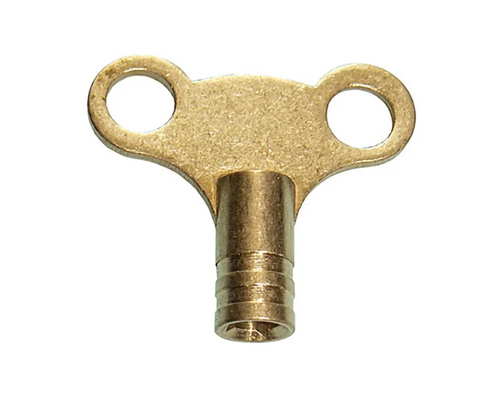
Bleed your radiators
Ensure your radiators are bled regularly to regulate the temperature.
4 ways to use less energy in your home
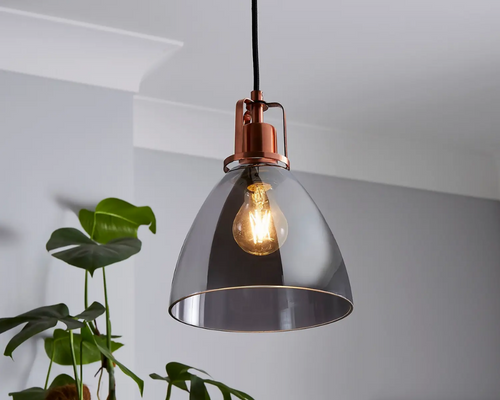
Switch to Led lightbulbs
Replacing old bulbs with energy efficient LEDs can save you £65 a year on electricity bills.
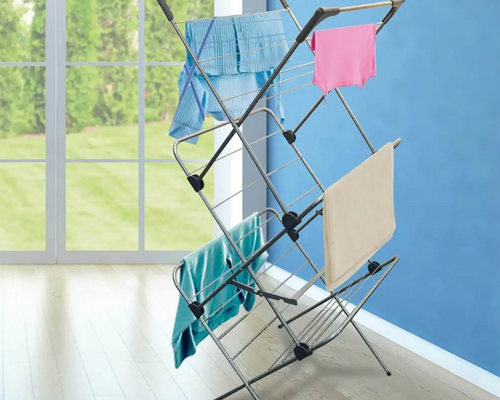
Air dry your clothes
Air drying your clothes instead of using the tumble dryer can save you on average £70 a year on energy bills.
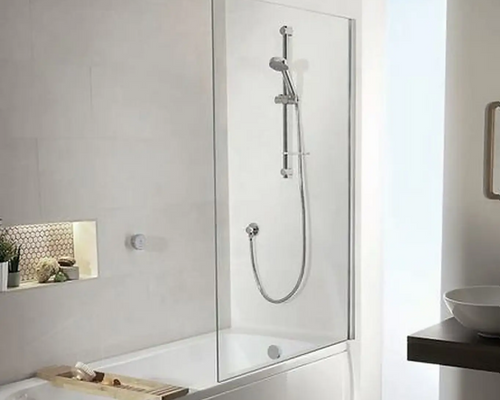
Reduce your shower time
If everybody in a typical household stuck to a 4 minute shower, it could save around £95 on energy bills every year.
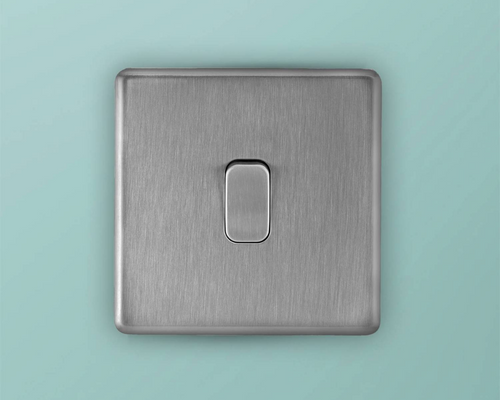
Turn off your lights
Turning off your lights when you don't need them could save you around £25 on your annual energy bills.
All information based on a typical three-bedroom semi-detached gas heated house, with an 88% efficient gas boiler and average gas tariff of 10.3p/kWh and electricity tariff of 34p/kWh. Emission savings include all scopes and greenhouse gases expressed as carbon dioxide equivalent.
Frequently Asked Questions - Energy Efficiency
By investing in a room thermostat, you can set and maintain the temperature of your home. A programmer sets the heating to turn on and off at certain times of day, giving you more control. For example, there’s no need to have the heating on high if everyone is out at work and school during the day!
Installing a full set of heating controls (including a programmer, thermostatic radiators and a room thermostat) could save around £180 and 315kg of carbon dioxide every year.
-
Install a water meter to help you keep track of usage
-
Save up to £70 off yearly bills by replacing shower heads with a water efficient option
-
Spend a minute less in the shower, this could save £25 off your bills each year
-
Use a washing up bowl instead of running the tap
-
Fit old toilets with a cistern displacement device
-
Wait until your washing machine is full to put a wash on
-
Turn off the tap while you brush your teeth
-
Use a water butt to collect rainwater for the garden
-
Sticking to 4-minute showers can save £95 in energy bills annually
-
Don’t run the dishwasher until it is full
